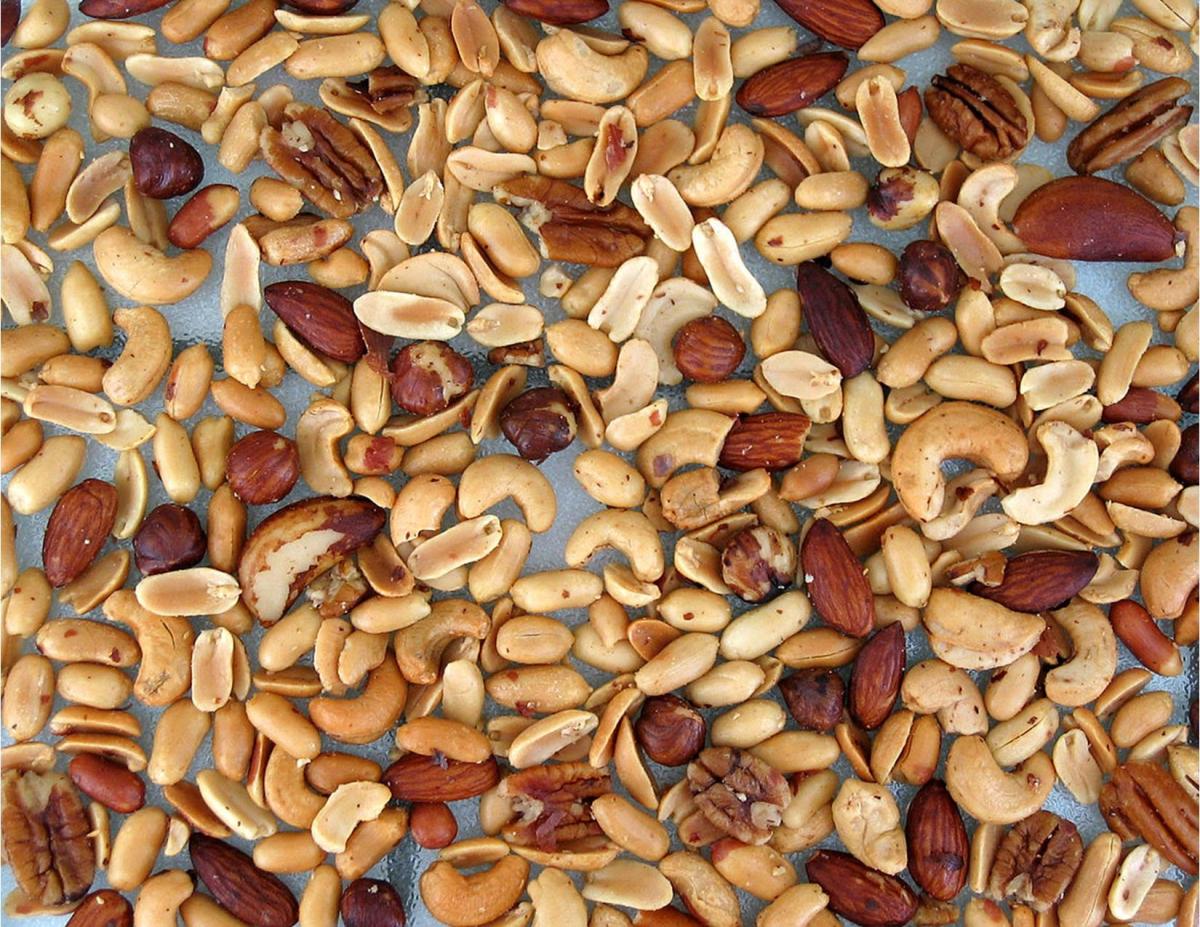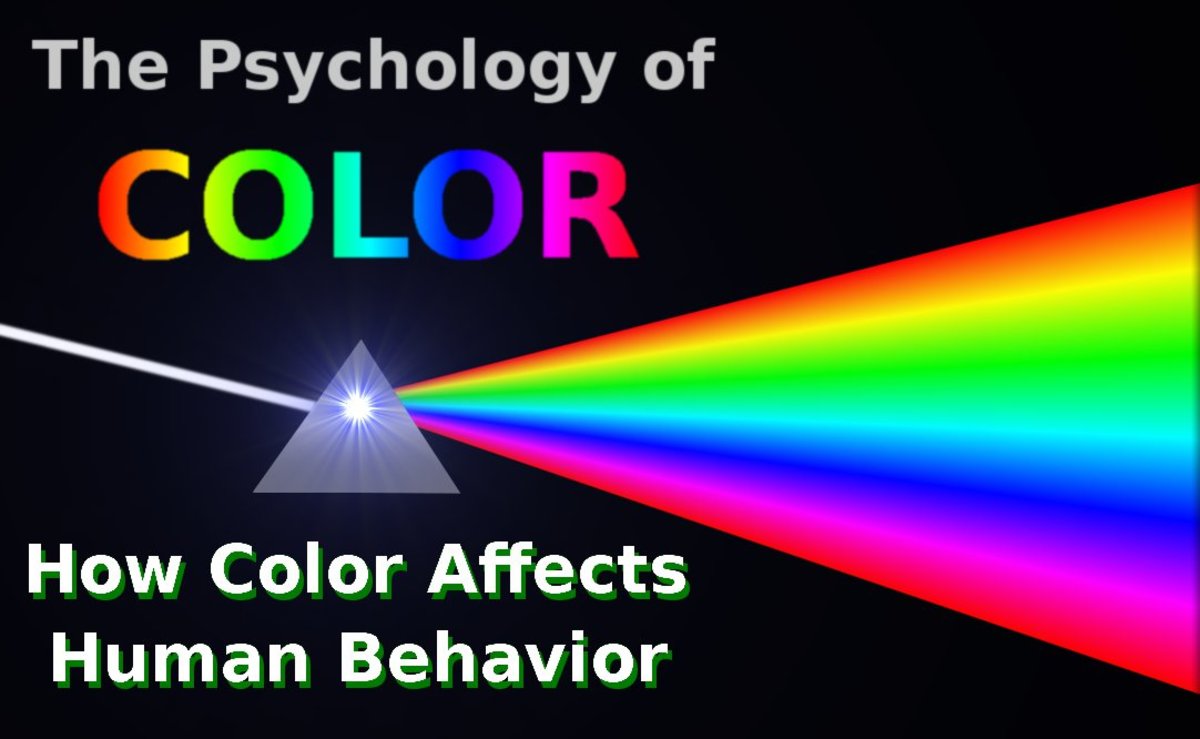6 Antidepressants You Can Score Without a Prescription
We all know that eating a healthy diet keeps our bodies strong. Bones—check, healthy heart—check, regular digestion—check and check. But did you know that it can help keep our minds strong and moods stable, too?
Depression, mood disorders, anxiety, PMS. What do they all have in common? Okay, many things. But what do they have in common that may not be known by those living with them? The symptoms of each condition can all be immensely improved by diet.
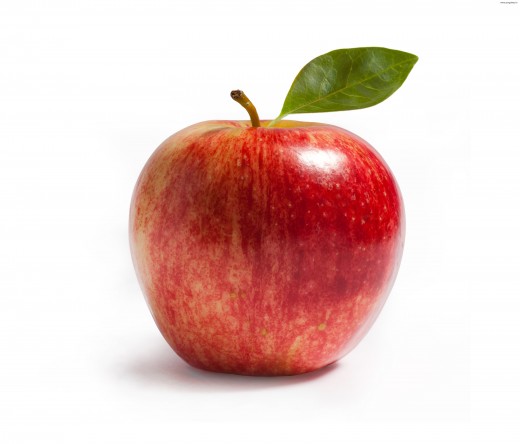
Take a look at of some of nature’s mood boosters and see which foods deliver a dose of their antidepressant properties (no prescription pad required).
1. Magnesium
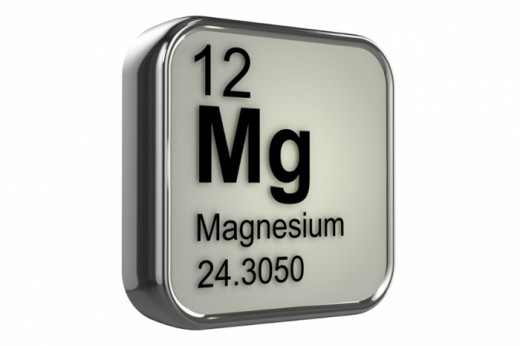
First up to bat—magnesium. Magnesium is a mineral that is strongly connected to our moods because of its effect on the neurotransmitter serotonin. Serotonin is regarded as a bigwig of the brain chemical set because it influences millions of brain cells, some of which are responsible for our moods. Magnesium works to hoist its buddy serotonin up on its shoulders, cheering, “Go little buddy, go!” Serotonin loves all this support, so the result for your brain is a calming of nervousness, anxiety, and fear. It doesn’t hurt that magnesium packs a one-two punch that delivers some more of that friendly support straight to the heart and arteries.
So, How Do I Get It?
You can find magnesium in a few places. Eat a diet rich in grains like quinoa, brown rice, oats, and buckwheat. Consume nuts and seeds like almonds, peanuts, cashews sunflower seeds and pumpkin seeds. Other great sources of magnesium are Swiss chard, spinach, kale, black beans, soybeans, avocados and different types of seafood like oysters, salmon and halibut.
2. Calcium
Listen up, ladies. Though calcium is essential for a healthy bod in both men and women, its presence (or lack thereof) in your diet can be a huge factor in how you feel when that time of the month comes. This is because estrogen affects calcium levels in the body. Studies have shown that adequate calcium in the diet—and, keep in mind that calcium deficiency affects the ladies more it does the fellas—provides relief from PMS symptoms like irritability and depression. Plus, there’s that whole good for bones, good for blood, good for diabetes risk reduction thing.

So, How Do I Get It?
Milk and other dairy products like yogurt and cheese are the most well-known sources of calcium, but there are non-dairy options to choose from. Stock up on almonds, black-eyed peas, collard and turnip greens, sardines, sesame seeds, bok choy, tofu, salmon, oranges and calcium-fortified orange juices and cereals all month long. Get some sunshine and eat foods rich in vitamin D like egg yolks, fatty fish, beef liver and cod liver oil because vitamin D is crucial for the absorption of calcium.
3. Folate
Folate, sometimes called folic acid or B9, is another support system for our hero serotonin. We all know by now what that guy does. So a diet rich in folate aids in regulating serotonin, and, thus, helps to regulate moods. The body needs plenty of folate because in addition to affecting serotonin, a folate deficiency can cause fatigue, and that’s not going to help anyone feel better.
So, How Do I Get It?
Start by adding dark, leafy greens to your diet. Spinach, kale, turnip and mustard greens and romaine lettuce are packed with folate. Fans of fruits are in luck as many of them offer plenty of folate as well like oranges, papayas, grapefruit, raspberries, bananas and strawberries. Lentils, peas, beans, asparagus, broccoli, avocado, beets, corn, squash, carrots and celery are just a few of folate-friendly foods.
4. Tryptophan
Tryptophan is an amino acid that—get ready to be surprised—affects serotonin. What? Unheard of! What even is sero—what?
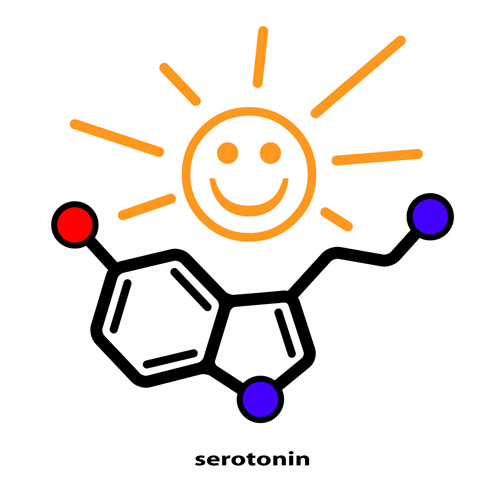
You know by now that the S-word affects how we feel, and tryptophan is another way to make sure we are getting as much as we need. Tryptophan actually acts as a type of precursor for the neurotransmitter. It is important for all kinds of other things, too, like aid in the growth of babies and balance nitrogen in adults—if you’re into that sort of thing. The presence of tryptophan also means the presence of niacin, a B vitamin that also contributes to the state of our moods.
So, How Do I Get It?
Have you ever found yourself in a semi-catatonic state after stuffing yourself with Thanksgiving dinner? Give thanks to turkey for that relaxing dose of tryptophan! Actually, turkey isn’t the only one responsible for delivering a dose of tryptophan to your body during dinner. Chicken, cheese, tofu and soy products, peanut butter, bananas, sesame seeds, nuts, oats, eggs, red meat, fish and lentils are also bring the tryp.
5. Omega-3 Fats
Sometimes the word “fat” brings to mind an array of images that aren’t even close to pictures of health, but when it comes to omega-3 fats, have no fear. Like magnesium, omega-3s give both your brain and heart a hug. If you are deficient in the omega-3s, essential fatty acids, you might feel tired, irritable, experience depression, and possibly even have memory problems. Many people take their dose of heart-healthy omega-3 fats through fish oil supplements, but you can also increase your number by incorporating these healthy fats into your diet.
So, How Do I Get It?
Listen to your doctor (Seuss). One fish, two fish, red fish, blue fish. Certain foods from the sea are notorious for their omega-3s. Include salmon, sardines, herring, halibut, mackerel, trout, tuna, oysters and shrimp into your diet. You can also take a more land-lubber approach and get your omega-3s from flax seed, chia seed, spinach, kale, blue potatoes, grains, pumpkin seeds, pasta, oatmeal, walnuts, flour tortillas, yogurt, soy milk and Brussels sprouts. Pump up your meal’s healthy fat contents by using oils like flaxseed, canola, cod liver, soybean, mustard and walnut.

6. Iron
The body desperately needs iron just like a crumpled, wrinkly shirt needs, well, an iron.
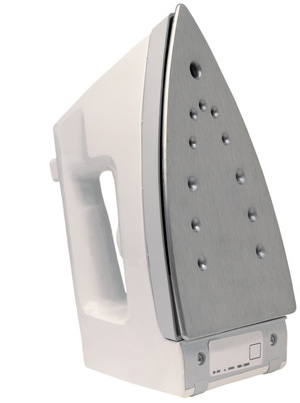
Clumsy comparison aside, iron is crucial to your health. Iron deficiency manifests itself as fatigue, irritability, headache, weakness, depression and mood swings. Low iron levels can lead to low red blood cell count. If the condition escalates past deficiency, a person can experience anemia. That’s what happens when the body’s iron stores are depleted.
So, How Do I Get It?
Red meats, turkey, seafood, poultry, beef ribeye and pork are wonderful sources of iron. Vegans and vegetarians may relate to the challenge of finding enough iron for their diet, or at the very least having people ask where they find iron for their diet since it’s widely thought that meats are the only good providers of essential iron. Au contraire! Quinoa, tofu, spirulina, white beans, lentils, peas, pumpkin seeds, dried fruits, spinach and tomato paste are just a few non-meat options that bring the iron. Skip tea and coffee as partners to your iron-rich food choices because they may prevent your body from properly absorbing the iron.
Final Thoughts
While a happy sense of humor is a happy life (that's how the saying goes, right?), depression and anxiety should never be taken lightly. Talk to your doctor if you are concerned about how you are feeling. No one can know for sure what’s going on inside of you except for you, so it is important to share those feelings and find help.
Something that is certain, however, is that the way we take care of ourselves through our diets directly affects our mental wellbeing. We also know that there are many foods that pack a punch across the board of benefits, as you can see from the ones that repeat throughout this article, making it simpler to create your mood-boosting grocery list.
Start eating your way to happiness today.


